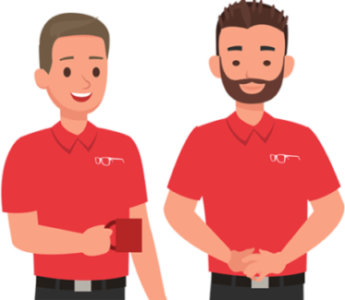https://louisvillegeek.com/news/choosing-the-best-it-support-for-your-business/https://louisvillegeek.com/news/choosing-the-best-it-support-for-your-business/In today’s business climate, most organizations could not survive without technology. Most SMB’s reach a point where it no longer becomes sustainable to keep IT in house, so they hire MSP’s like Louisville Geek to help manage their technology needs. There are several reasons companies make the decision to outsource their IT needs to a specialized provider, but in our experience, it typically boils down to the following reasons:
Lack of technology skills within their organization
Often SMBs depend upon a single “quasi” support technician. If this one individual is occupied with other tasks or unavailable to users, technical glitches can accumulate and employees may be unable to complete regular daily tasks. Plus, it’s unreasonable to expect a single individual to stay current on all the technology trends that enable and impact a business. From workstation issues to network problems, from hosted email and cloud services to database management and security expertise, today’s information technology demands are typically too great a burden for any single individual to master.
Working with a technology partner provides access to a range of professional technicians, on the other hand, who solve problems quickly and often faster than a single individual merely assisting in the role is able. Consultancies boast an advantage in that they can employ technicians across many disciplines. Such professionals also typically command greater experience, expertise and knowledge.
Save money and Increase Technology ROI
Maintaining a fully-staffed IT department is expensive. MSP’s can help organizations scale these costs and customize them to clients needs. Reputable MSPs will have relationships with well-known vendors (Microsoft, Dell, Cisco, etc.) and are able to negotiate cost savings and other advanced resources unavailable to the general public. The majority of our clients purchase all of their hardware and software licenses through Louisville Geek because it’s more affordable and convenient.
Reduce Risks
When it comes to cybersecurity threats, nobody is safe. Especially small businesses. Cybercriminals know that most small businesses don’t have the resources to invest in cybersecurity prevention so they view small businesses as low-hanging fruit. An MSP can help organizations choose the right approach to protect their data at an affordable rate.
Click the links below to read more about selecting an MSP:



